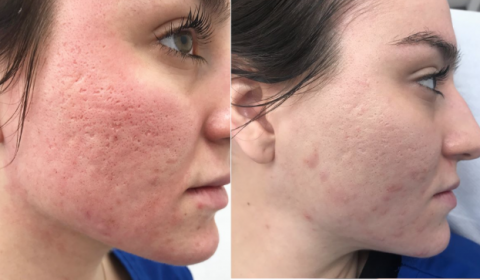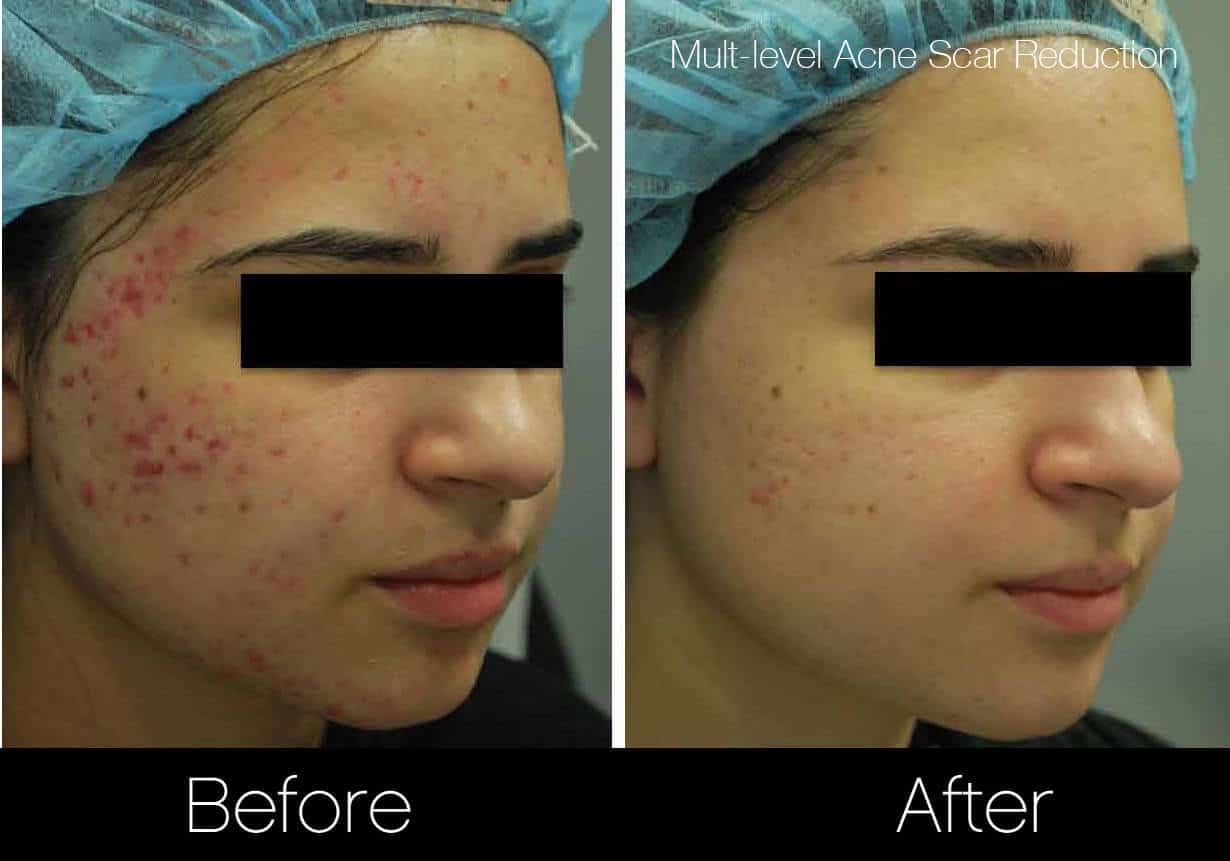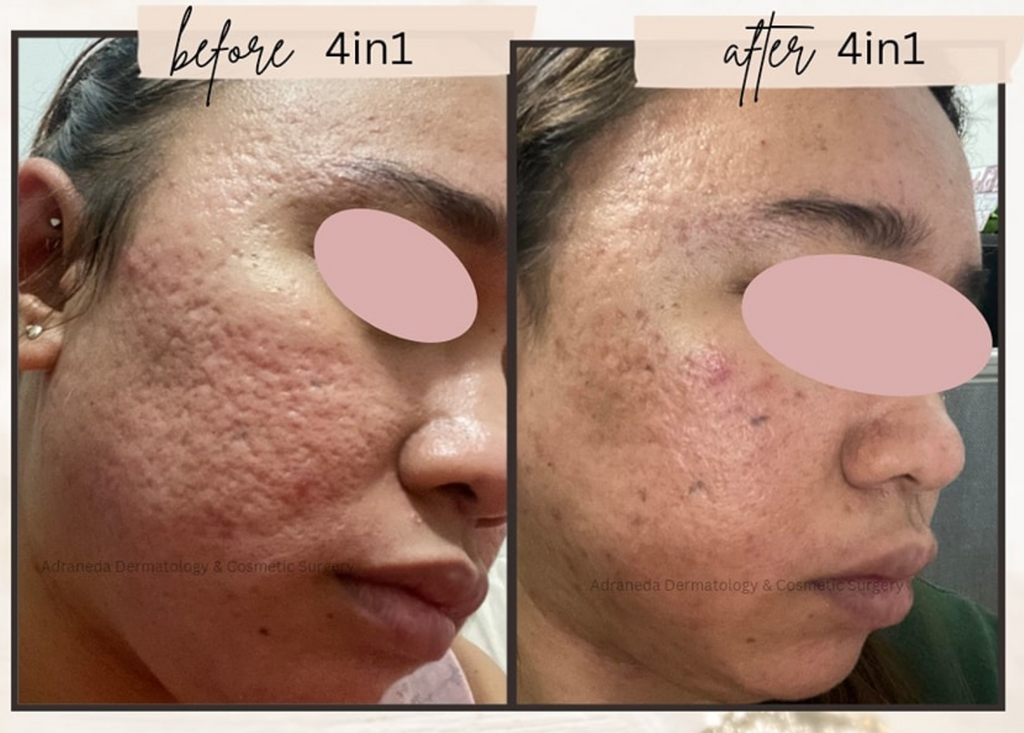The Impact of Skin Disease on Self-confidence: Reliable Methods for Treating Acne Marks
Skin conditions, particularly acne, can greatly influence an individual's self-worth, typically developing obstacles to social interactions and personal expression. Recognizing exactly how these techniques can cultivate self-confidence may reveal essential understandings right into holistic care techniques that empower individuals to welcome their skin and boost their total top quality of life.
Mental Effects of Acne
Acne, a prevalent skin condition impacting millions worldwide, can have profound psychological impacts on people. The visible nature of acne commonly brings about significant psychological distress, consisting of sensations of shame, reduced self-worth, and social withdrawal. Numerous individuals with acne may experience stress and anxiety, particularly in social situations, where they fear judgment or adverse perceptions based upon their skin problem.
Study suggests that the emotional impact of acne can be as devastating as the physical signs and symptoms, adding to anxiety and body dysmorphic disorders in many cases - acne scars. Teens, that are commonly much more conscious peer opinions, may be especially at risk, bring about destructive results on their social interactions and scholastic efficiency
Furthermore, the stigma related to acne can aggravate feelings of isolation, as people might regard themselves as less socially acceptable or eye-catching. This emotional concern can prevent personal relationships and general lifestyle. Therefore, it is important for doctor to resolve both the physical and mental elements of acne, supplying extensive assistance that includes therapy and educational sources to aid individuals manage their problem effectively.
Comprehending Acne Marks
Managing the after-effects of acne often includes challenging the scars it leaves behind, which can be a significant resource of aggravation and psychological distress for many individuals. Acne scars can materialize in numerous forms, mostly classified right into atrophic, hypertrophic, and keloid scars. Atrophic scars are defined by a loss of cells, resulting in depressions in the skin, while hypertrophic scars include elevated cells that develops in reaction to swelling. Keloid scars, a much more extreme kind, extend beyond the original website of injury, presenting a distinct obstacle for therapy.
The formation of acne scars is affected by variables such as the severity of acne, the duration of inflammation, and private healing reactions. Skin kind and genes likewise play essential roles in scar growth. Comprehending the biological devices behind mark development aids in dealing with the emotional consequences, as individuals might regard their scars as permanent markers of a past battle. This expertise serves as the foundation for discovering efficient treatment strategies, encouraging people to take control of their skin worries and their self-confidence. Acknowledging the types and sources of acne marks is necessary in browsing the path towards efficient solutions.

Topical Therapy Alternatives
While different therapy techniques exist for dealing with acne marks, topical alternatives are typically the first line of defense for individuals looking for to boost their skin's appearance. These treatments can be reliable in minimizing the visibility of scars and advertising total skin health.
Common topical representatives consist of retinoids, which enhance cell turn over and urge the regeneration of skin cells, thus improving structure and tone. Furthermore, alpha hydroxy acids (AHAs) and beta hydroxy acids (BHAs) scrub the skin, removing dead skin cells and advertising a smoother surface.
An additional prominent option is vitamin C lotions, known for their antioxidant homes and ability to lighten up skin, which can help reduce the look of hyperpigmentation related to acne marks. Hyaluronic acid is additionally helpful; it hydrates the skin and can plump areas impacted by scarring.
Over the counter items consisting of ingredients like niacinamide and licorice essence might also help in reducing swelling and staining. It is vital for people to speak with a skin doctor to identify one of the most ideal topical treatments customized to their special skin type and scar features, making best use of the capacity for effective outcomes.
Advanced Dermatological Procedures
For individuals seeking extra prompt and significant enhancement in the look of acne marks, advanced dermatological treatments supply a variety of effective choices. These treatments are created to target deeper skin layers, fostering considerable skin regrowth and makeover.
One preferred strategy is laser treatment, which uses focused light to resurface the skin and decrease the appearance of marks. Fractional laser therapies, specifically, are effective as they promote healing while targeting particular areas, decreasing downtime. Chemical peels, which involve the application of acidic solutions, can also be helpful by scrubing the skin and advertising new cell growth.
Microneedling is one more cutting-edge alternative, entailing making use of fine needles to produce micro-injuries that stimulate collagen production. This treatment boosts skin texture and minimizes the exposure of scars in time (acne scars). Additionally, facial fillers might be utilized to raise depressed scars, supplying instant volume and smoothing the skin's surface area
These progressed procedures should constantly be executed by certified skin doctors, who can tailor therapies to private skin kinds and scar characteristics, ensuring optimum outcomes and minimizing threats. Just like any clinical intervention, comprehensive assessment and consideration of possible side impacts are important.
Structure Self-confidence With Care

Establishing a customized skin care regimen that includes both professional interventions and topical treatments is crucial. Regular cleansing, exfoliation, and moisturization can assist keep healthy skin, while procedures such as chemical peels or laser treatment may offer a lot more significant outcomes. Past physical treatments, taking on an alternative technique that incorporates healthy way of life options-- such as well balanced nourishment, hydration, and anxiety administration-- can further enhance skin health and confidence.
Furthermore, support from skin-related original site professionals can try here empower individuals to navigate their treatment options effectively. Sharing experiences with others dealing with comparable difficulties can promote a sense of community and resilience. Inevitably, building confidence via treatment includes a multifaceted approach that focuses on both skin wellness and psychological support, leading to a restored feeling of self-respect and personal fulfillment.
Verdict
Acne and its resultant scars can exceptionally influence an individual's self-confidence and social interactions. Eventually, resolving both the mental and physical facets of acne scars is necessary for fostering confidence and health.
